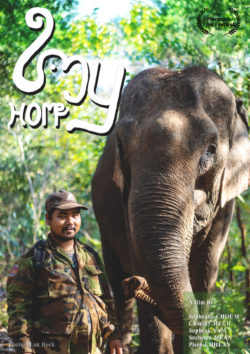Cultural Heritage, Climate Change, and Human Rights Lunch and Learn Series

Cultural Heritage, Climate Change, and Human Rights consists of 3-4 thematic webinars that will take place online from October to December 2021, in a series of ‘lunch and learn’ events PRAXIS is hosting in collaboration with the Department of Digital, Media, Culture, and Sport (DCMS). The webinars aim to raise awareness and generate connections among researchers, research funders, and policy stakeholders, to ultimately create policy impact to address the threats related to cultural heritage from climate change, while safeguarding and championing human rights. With COP26 on the horizon, these webinars will contribute to draw on existing research and policy networks and collaboration to share knowledge and generate recommendations for policy impact in this area.
The series will include diverse perspectives with participation from GCRF/Newton research leaders, policymakers and experts who are facing the climate threat first-hand and input from early career researchers, many of whom will be interning at DCMS during 2021.
Themes include,
1) Intangible Heritage for Climate Adaptation and Mitigation
2) Reducing Inequalities: Fostering Global Efforts through Heritage
3) Indigenous Peoples, Cultural Rights Defenders, and Local Communities: Using Heritage for Inclusive Participation
________________________________________
‘We cannot wait until the pandemic is over. The climate emergency remains an existential threat to life, to human rights and to human cultures.’
UN’s Special Rapporteur’s 2020 report on Cultural Rights
________________________________________
 PRAXIS officially launched the series on 23 September 2021 in a closed event featuring keynote speakers Yoloxochitl Lucio Orizaga (ICOMOS Emerging Professional Working Group), Jaylson Monteiro (Cultural Heritage Institute), Fatma Twahir (Fort Jesus World Heritage site), and Dr Peter Manning (University of Bath). During the event, PRAXIS screened 'Memories', a short documentary film produced by young filmmakers on the GCRF funded project, 'Elephant conservation and indigenous experiences in Cambodia: Shaping environmental awareness through participatory filmmaking with young people', of which Dr Peter Manning is the Principal Investigator. The film explores issues of deforestation, animal welfare, and gender inequality with and within the Bunong indigenous community and can be viewed here:
PRAXIS officially launched the series on 23 September 2021 in a closed event featuring keynote speakers Yoloxochitl Lucio Orizaga (ICOMOS Emerging Professional Working Group), Jaylson Monteiro (Cultural Heritage Institute), Fatma Twahir (Fort Jesus World Heritage site), and Dr Peter Manning (University of Bath). During the event, PRAXIS screened 'Memories', a short documentary film produced by young filmmakers on the GCRF funded project, 'Elephant conservation and indigenous experiences in Cambodia: Shaping environmental awareness through participatory filmmaking with young people', of which Dr Peter Manning is the Principal Investigator. The film explores issues of deforestation, animal welfare, and gender inequality with and within the Bunong indigenous community and can be viewed here:
